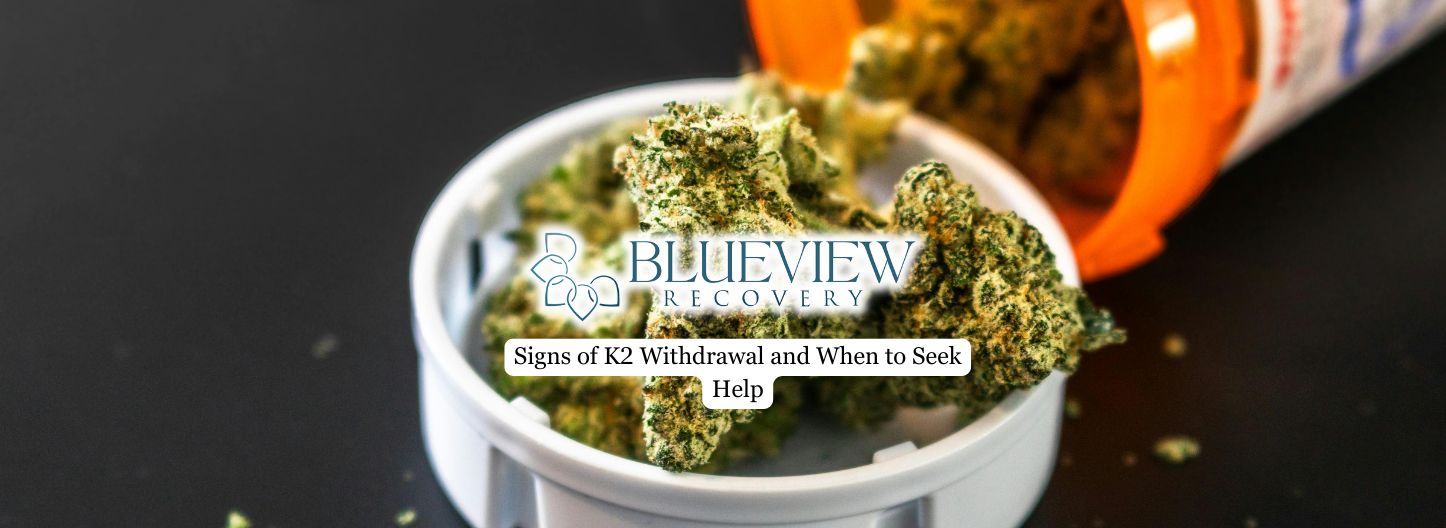Addiction is one of the most challenging battles a person can face, and not all substances are equally difficult to quit. Some drugs create such intense physical dependence and psychological cravings that breaking free feels nearly impossible without professional help.
The aim of this article is to highlight the top hardest drugs to quit and the unique challenges they pose, which is crucial for supporting those on the path to recovery and shedding light on the complexities of addiction.

What Makes a Drug Hard to Quit?
The intense euphoria these substances produce rapidly leads to powerful psychological addiction, making it hard to resist cravings.
Prolonged use alters brain chemistry, decreasing natural dopamine production and receptor sensitivity, which complicates the quitting process. When you try to quit, severe withdrawal symptoms like physical pain, anxiety, and strong cravings make the initial stages especially challenging.
Environmental triggers and social influences often reinforce addictive behaviors, creating a cycle that hinders recovery efforts and increases relapse risk. Psychological dependence, where you use drugs to cope with stress or trauma, further entrenches addiction.
Structured and supportive addiction treatment programs, like intensive outpatient programs are crucial for individuals battling drug addiction to some of the most challenging substances to overcome.
Heroin and Prescription Opioids
Heroin, derived from morphine, is involved in a significant portion of drug overdose deaths. Prescription drugs like opioids, while effective for pain relief, carry a high potential for addiction when misused.
Opioids attach to specific receptors in the brain, causing a powerful surge of endorphins that produce intense feelings of pleasure and alleviate pain. With prolonged use, the brain’s reward system changes, resulting in tolerance and dependence, which means that a larger dose of the drug is needed to produce the same effects.
If an individual reduces their use or stops taking opioids, they may experience withdrawal symptoms such as nausea, vomiting, muscle aches, anxiety, and depression, which can be extremely unpleasant and even life-threatening. These withdrawal effects often compel people to continue using the drug to find relief from the symptoms.
Opioids frequently become the central focus of an individual’s life, displacing natural rewards and making it challenging to find motivation or enjoyment in anything else.
Fentanyl
As a synthetic opioid, fentanyl is up to 100 times more potent than morphine and 50 times stronger than heroin, making it highly addictive even in small doses. Like heroin, fentanyl binds to opioid receptors in the brain, overwhelming the system with dopamine and creating intense feelings of euphoria, which quickly lead to dependence. Over time, the brain adapts to the presence of fentanyl, reducing its ability to function normally without the drug.
Withdrawal from fentanyl can be excruciating, with users experiencing severe withdrawal symptoms like intense muscle pain, insomnia, anxiety, and powerful cravings. These symptoms often drive users back to the drug to avoid the discomfort.
The illicit manufacturing of fentanyl results in unpredictable potency, increasing the risk of accidental overdose.
Benzodiazepines
Benzodiazepines are medications, frequently prescribed for anxiety, insomnia, or panic disorders, which function by intensifying the effects of GABA, a neurotransmitter that relaxes the nervous system. With prolonged use, the brain develops a dependence on benzodiazepines to maintain this equilibrium, resulting in tolerance and physical dependence.
When use is decreased or discontinued, withdrawal symptoms can span from anxiety, insomnia, and irritability to more severe effects such as seizures, psychosis, and suicidal ideation. Further complicating the situation, withdrawal can persist for weeks or even months in some cases, with lingering symptoms like cognitive impairment or sensory disturbances enduring in what is referred to as protracted withdrawal syndrome. The risk is particularly high for those who have taken benzodiazepines for extended durations or at high doses.
It’s crucial to seek professional help for a safe medical detox, as the addictive nature of benzodiazepines makes relapse a constant threat.

Cocaine
Cocaine, particularly in its crack cocaine form, is one of the hardest drugs to quit due to its intense impact on the brain’s reward system. Cocaine produces a swift and intense surge of dopamine, resulting in an instant euphoric high that is highly addictive and brief, typically lasting only 5 to 10 minutes. This transient effect compels users to take repeated doses in rapid succession, reinforcing compulsive use and dependence.
With prolonged use, the brain’s natural ability to regulate dopamine is altered, leaving individuals dependent on the drug to experience pleasure or motivation. When attempting to quit, users encounter severe withdrawal symptoms, including depression, anxiety, fatigue, paranoia, and intense cravings, which can persist for weeks or months. Psychological dependence lingers long after physical withdrawal subsides, making recovery a lengthy and challenging process.
The combination of crack cocaine’s potency, rapid addiction development, and persistent withdrawal effects renders it one of the most difficult substances to overcome without professional addiction rehab.
Methamphetamine
This highly addictive stimulant, especially in its crystal meth form, leads to rapid tolerance, forcing you to chase increasingly higher doses.
When trying to quit, you’ll face a grueling 1-2 week withdrawal period, but the psychological cravings can persist for months, making it incredibly harder to quit. The drug abuse cycle’s euphoric “honeymoon stage” is inevitably followed by a devastating crash, tempting you to relapse.
Long-term use ravages your brain’s dopamine receptors, impairing emotional regulation and complicating recovery. Even after extended sobriety, unexpected cravings can resurface, catching you off guard and potentially triggering relapse, underscoring methamphetamine’s reputation as one of the hardest drugs to quit.
Nicotine
Nicotine, the primary active ingredient in tobacco products, quickly alters brain chemistry by triggering the release of dopamine, resulting in sensations of pleasure and relaxation. With continued use, the brain becomes reliant on this stimulation, making it challenging to function in the absence of nicotine. When people try to quit, withdrawal symptoms such as irritability, anxiety, depression, difficulty focusing, and intense cravings typically appear within hours of stopping and can linger for weeks or even months.
These cravings are particularly difficult to overcome because nicotine receptors in the brain remain active long after physical dependence has diminished, extending the mental and emotional struggle against smoking.
On top of all, the widespread use of nicotine in cigarettes and other products has made it socially entrenched, adding another layer of complexity to the process of quitting.
Alcohol
Alcohol is one of the most challenging substances to overcome due to its pervasive availability, societal acceptance, and the intense physical and mental difficulties linked to alcohol addiction and abuse.
Long-term alcohol consumption disrupts brain chemistry by impacting neurotransmitters such as GABA and dopamine, resulting in dependence as the body becomes dependent on alcohol to operate normally.
When an individual with alcohol use disorder tries to stop drinking, they frequently experience severe withdrawal symptoms, including anxiety, tremors, sweating, nausea, and in extreme cases, delirium tremens (DTs), which can cause seizures or even be fatal without medical supervision.
Alcohol abuse often becomes deeply entrenched in a person’s daily life and social interactions, making it challenging to evade triggers that promote relapse.
Final Thoughts from Blueview Recovery
At Blue View Recovery in King of Prussia, our Partial Hospitalization Program (PHP) offers a thorough approach for drug and alcohol addiction treatment. By combining proven therapies, medical support, and individualized care, our PHP gives people the tools they need to make significant progress toward long-term recovery. If you or a loved one is prepared to break the chains of dangerous drug use, we are here to provide compassionate guidance and support on your recovery journey.





